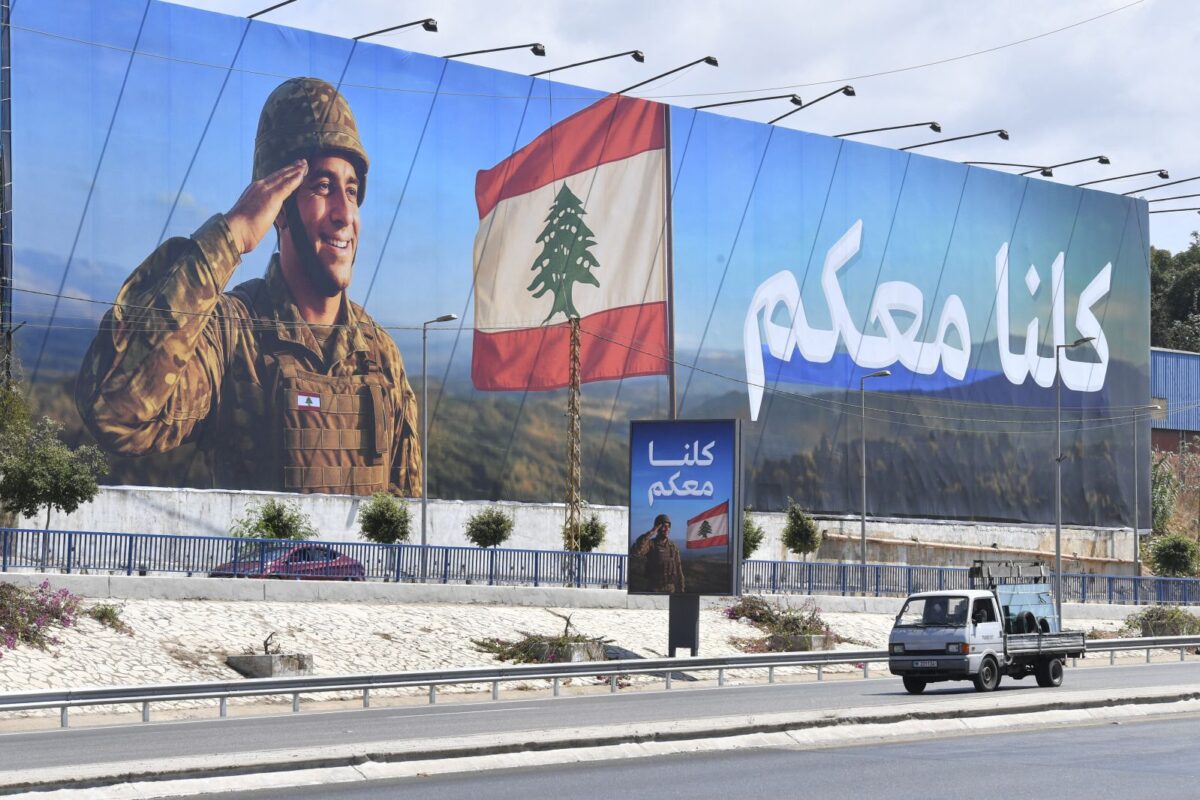
Lebanon Faces Uncertain Cabinet Session on Army’s Weapons Plan Amid Escalating Tensions
Lebanon is preparing for a pivotal cabinet session on Friday, where ministers will debate a highly sensitive plan to place all weapons, including Hezbollah’s arsenal, under state control. The meeting comes at a moment of heightened domestic and regional tension, as international actors have tied financial and military support to progress on the issue, while Israeli airstrikes continue to strike towns in southern Lebanon, killing civilians and leaving dozens wounded.
In the lead-up to the session, uncertainty over the outcome is palpable. Political divisions remain sharp, and rival factions have been trading increasingly heated rhetoric. While no party has formally called for protests, authorities are not leaving anything to chance. The Lebanese Army, coordinating with other security bodies, has begun increasing alert levels in different areas and preparing for potential flashpoints, signaling the seriousness of the stakes.
President Joseph Aoun has reportedly been working to reduce tensions and secure a consensus-based meeting. Ministers from Hezbollah and Amal, whose cooperation will be crucial, have emphasized dialogue over street pressure but have linked their participation to guarantees that the session will not impose binding timelines. Without such assurances, the possibility of a boycott remains.
The army’s plan itself is intended to be non-confrontational, focusing on stability and civil peace. It proposes a phased approach to collecting weapons, beginning in the south near the Litani River and expanding northward, including the Bekaa Valley and Beirut. Alongside operational considerations, the plan details the logistical, financial, and manpower requirements needed to carry out such a complex process. Its presentation also stresses Lebanon’s commitment to exclusive state control of arms while tying implementation to conditions related to ongoing Israeli aggression.
Supporters argue that formalizing the state’s control over all weapons would strengthen Lebanon’s negotiating position internationally, applying pressure on Israel to halt its strikes and withdraw from occupied territories. For Hezbollah, however, disarmament remains unacceptable. The group insists that its arsenal is essential for national defense and deterrence, and it has warned that it would reject any decisions made without its agreement. Past cabinet sessions in August highlighted this divide, as decisions passed without Hezbollah’s consent were refused by the group.
Execution of the plan is expected to hinge on political consensus. Army leadership will present logistical frameworks and raise potential public response challenges, seeking guidance from ministers on how to address unrest if the plan moves forward. Analysts suggest several potential outcomes: the cabinet could approve the plan despite opposition, or it might limit the session to discussion, postponing any vote to avoid direct confrontation. Parties pressing for approval emphasize that delay could undermine both domestic credibility and Lebanon’s international standing.
The regional context adds urgency to the session. Israeli airstrikes have intensified in recent days, targeting southern towns and infrastructure, heightening the perceived need for the state to assert control over weapons. These are deliberate violations of ceasefire agreements and international law, and several politicians have called on the international community to intervene to protect Lebanon’s sovereignty and civilian population.
Friday’s session is not only a domestic test of political coordination but also a moment with significant implications for Lebanon’s broader national security. The army’s plan has been framed as a tool to strengthen stability while navigating the delicate balance between armed groups and state authority. Its implementation—or lack thereof—could influence Lebanon’s standing on the international stage, its ability to assert sovereignty, and its capacity to manage internal security amid ongoing regional hostilities.
Hezbollah’s insistence on maintaining its arsenal stems from the fact that Lebanon’s conventional military forces are not equipped to withstand a full-scale conflict with Israel. The group considers its weapons to serve as a crucial deterrent against potential Israeli aggression, citing Israel’s ongoing strikes as evidence that the threat remains real. The fact that Israel has not halted its attacks despite international calls for restraint reinforces Hezbollah’s position that disarmament under current conditions would leave Lebanon vulnerable.
For many observers, this tension highlights a core dilemma: while the Lebanese Army seeks to establish state authority over weapons, it lacks the capacity to challenge Israel on its own, making Hezbollah’s continued military capability a key factor in national security calculations. The coming cabinet session will test whether Lebanon can navigate these competing priorities and find a path that tackles international pressure, domestic political divisions, and the persistent security threats facing the country.








